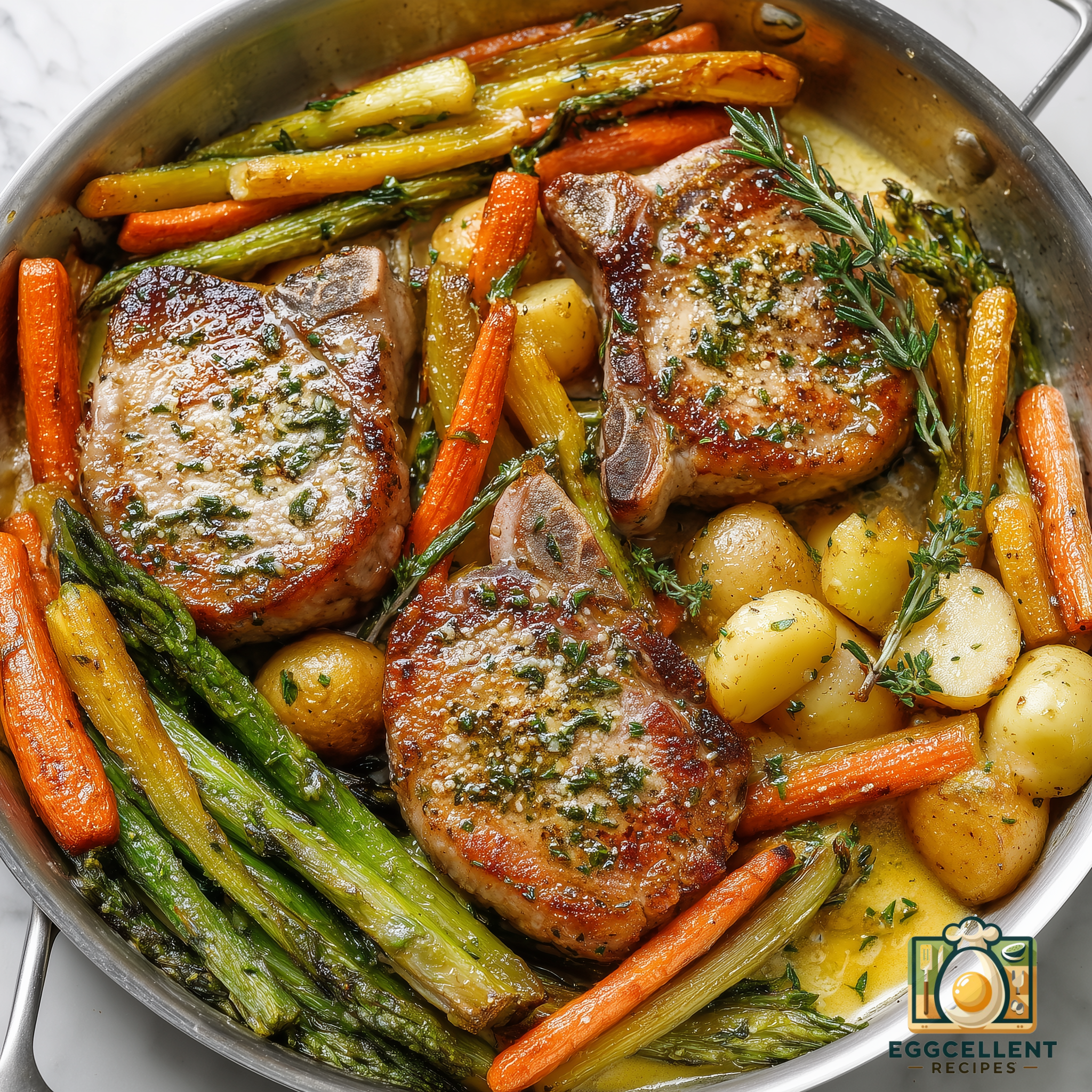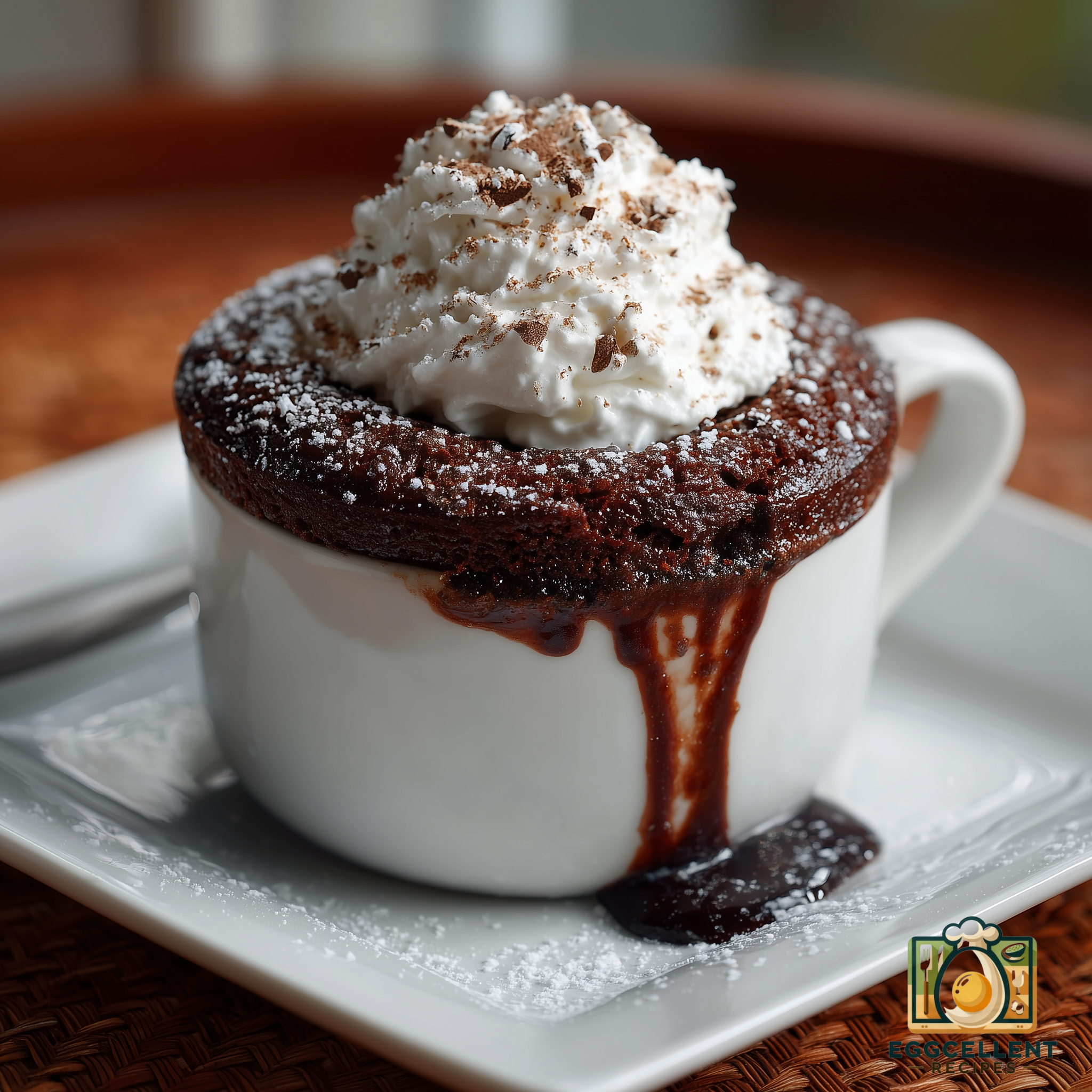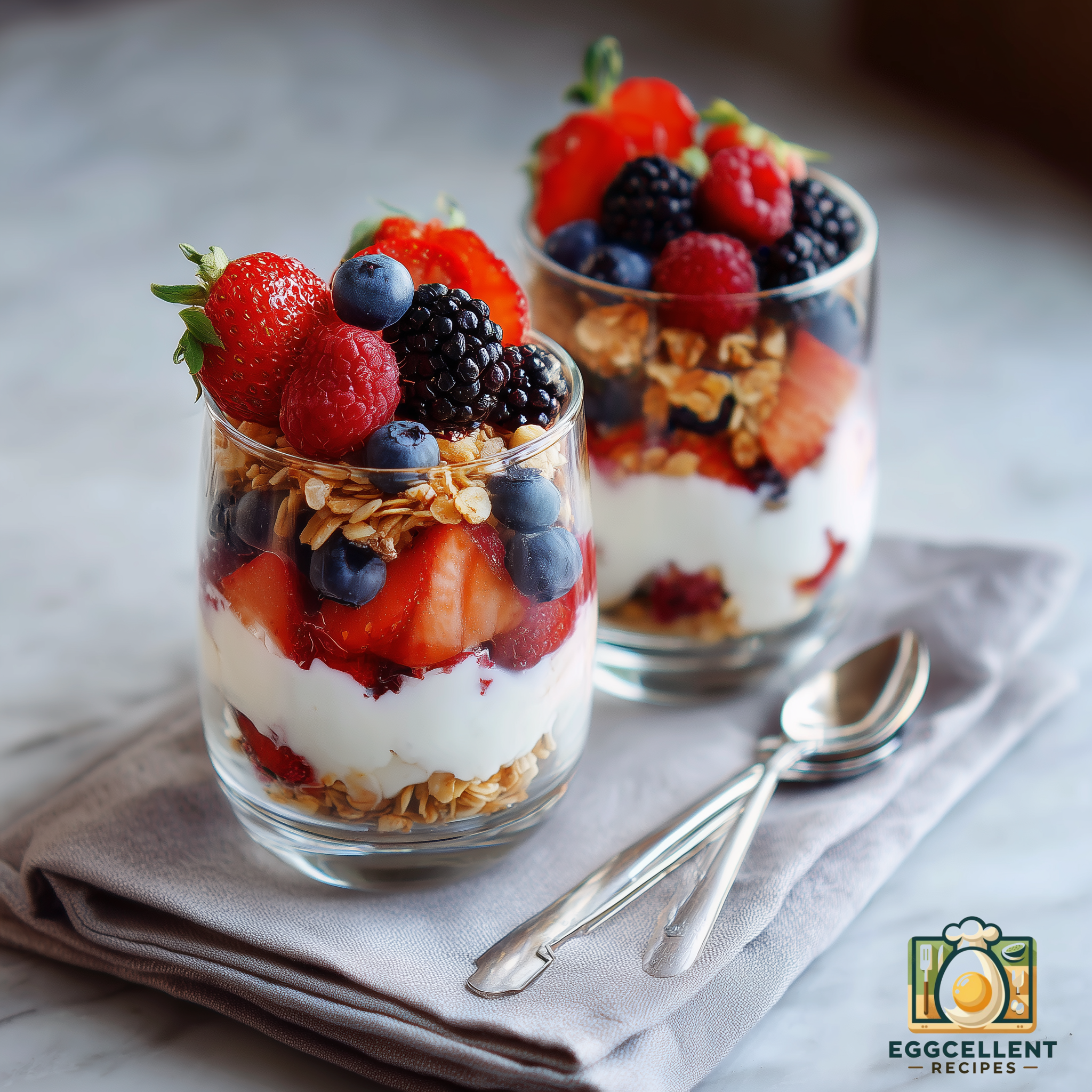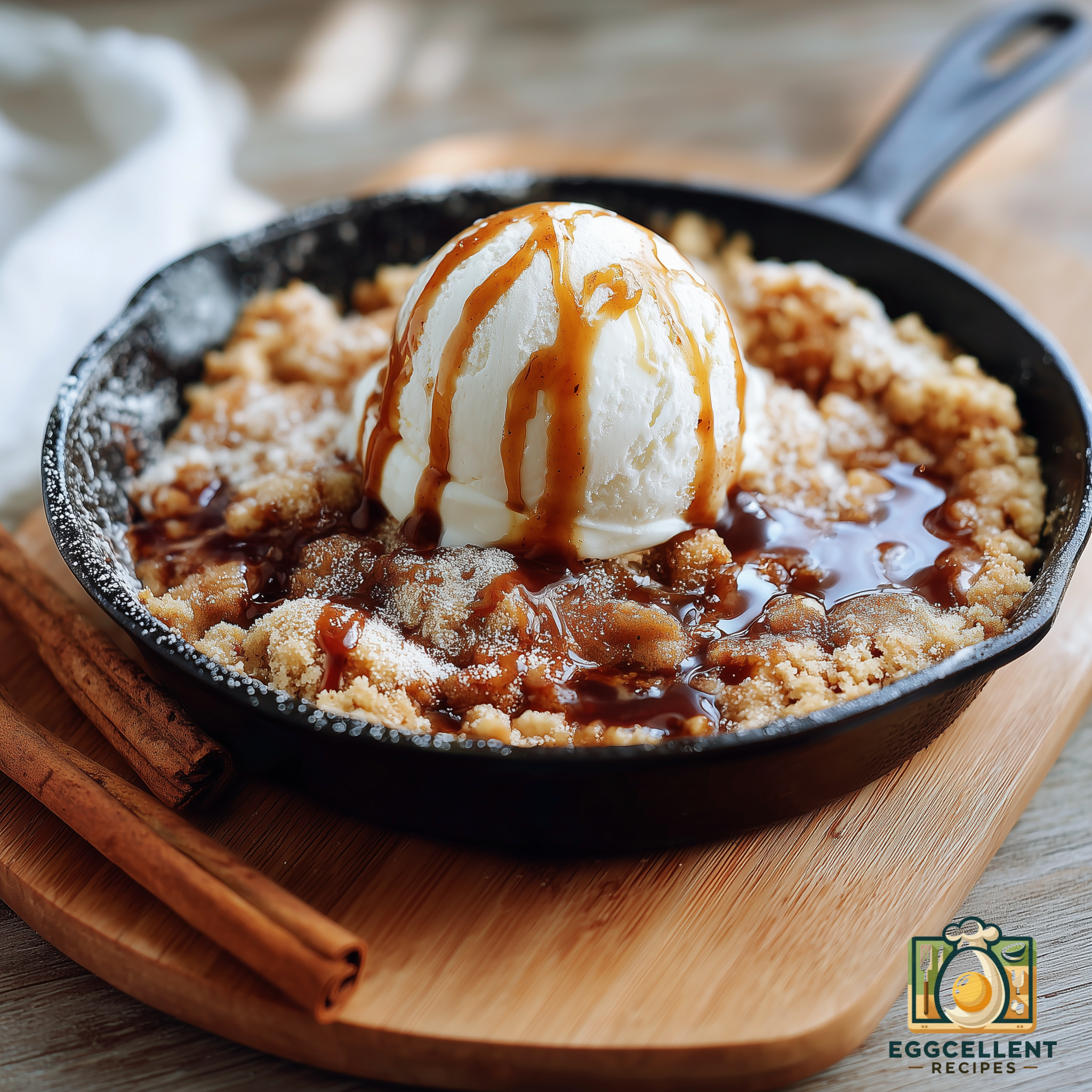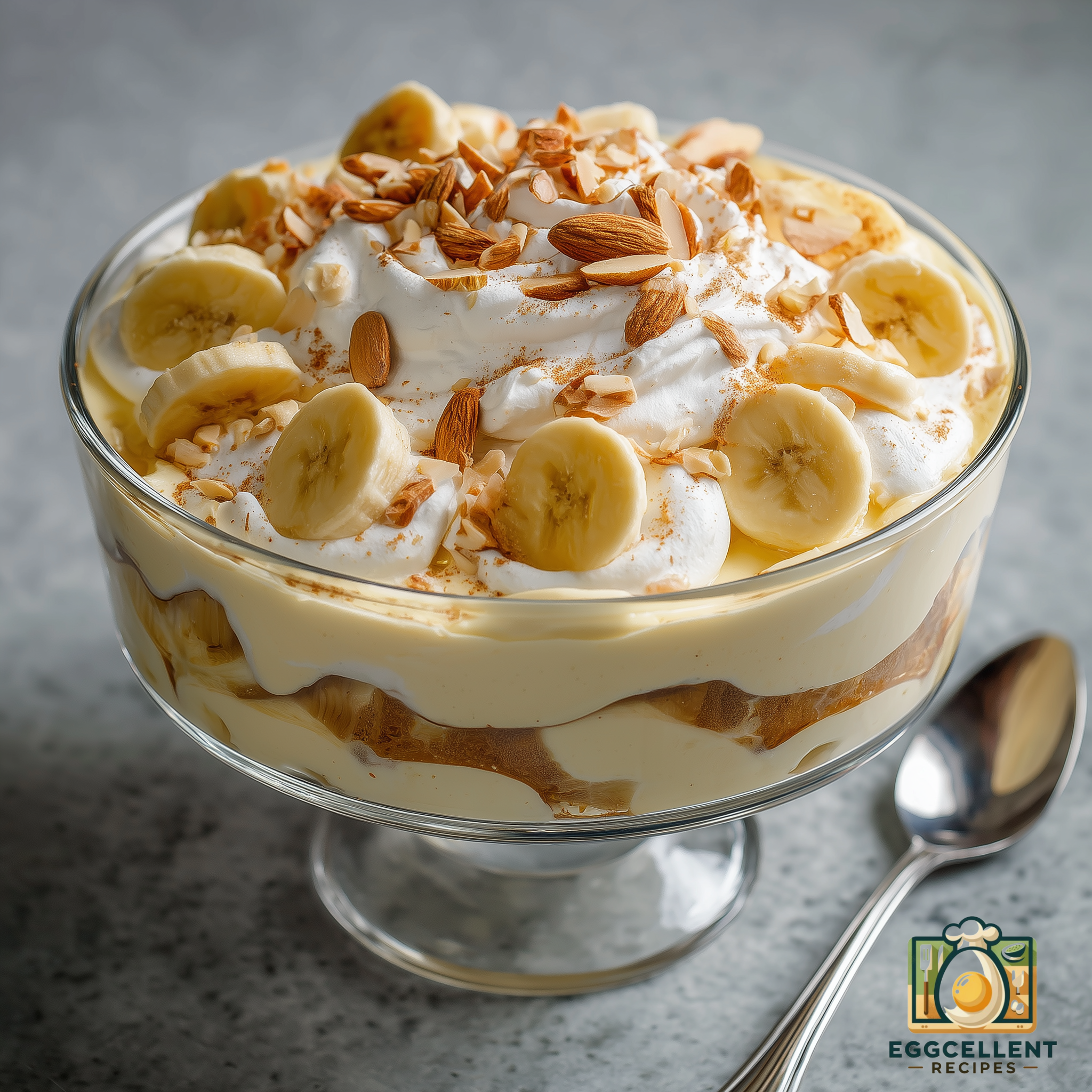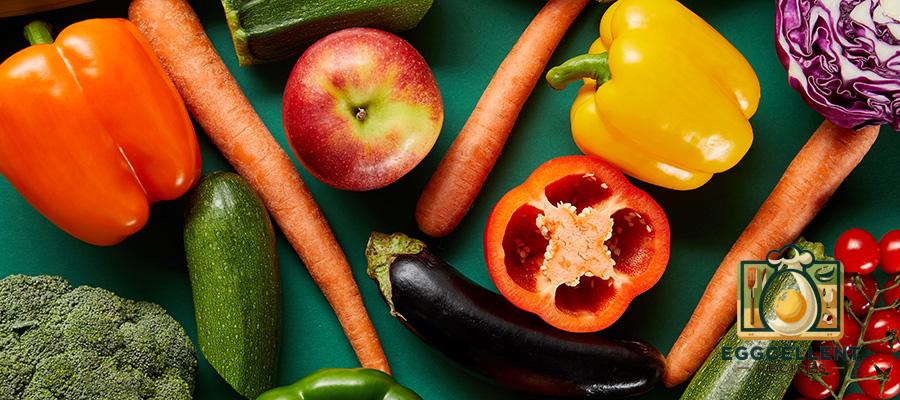
Irritable Bowel Syndrome (IBS) affects millions of people worldwide, causing symptoms such as bloating, cramping, diarrhea, constipation, and abdominal pain. While there’s no one-size-fits-all solution, dietary changes can help alleviate symptoms and improve quality of life. Here’s a guide to understanding what to eat when you have IBS, along with tips to manage flare-ups.
Understanding IBS and Diet
IBS symptoms are often triggered by specific foods. Identifying these triggers and focusing on gut-friendly options can make a big difference. A diet low in fermentable carbohydrates (low-FODMAP) is frequently recommended, as these carbs can exacerbate symptoms by fermenting in the gut.
Foods to Eat When You Have IBS
1. Low-FODMAP Foods
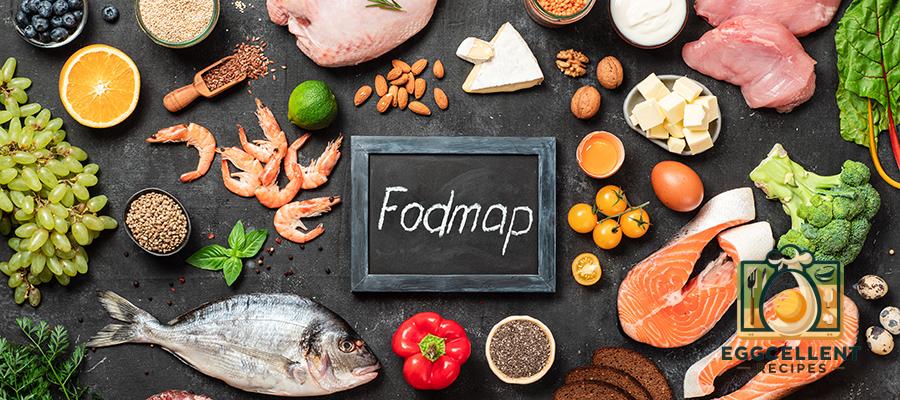
Low-FODMAP diets eliminate fermentable carbs that irritate the gut. Some low-FODMAP options include:
- Fruits: Bananas, oranges, strawberries, and blueberries.
- Vegetables: Zucchini, carrots, spinach, and bell peppers.
- Grains: Gluten-free oats, white rice, and quinoa.
- Protein: Eggs, firm tofu, and lean meats like chicken or turkey.
- Dairy Alternatives: Lactose-free milk, almond milk, or coconut yogurt.
2. Soluble Fiber
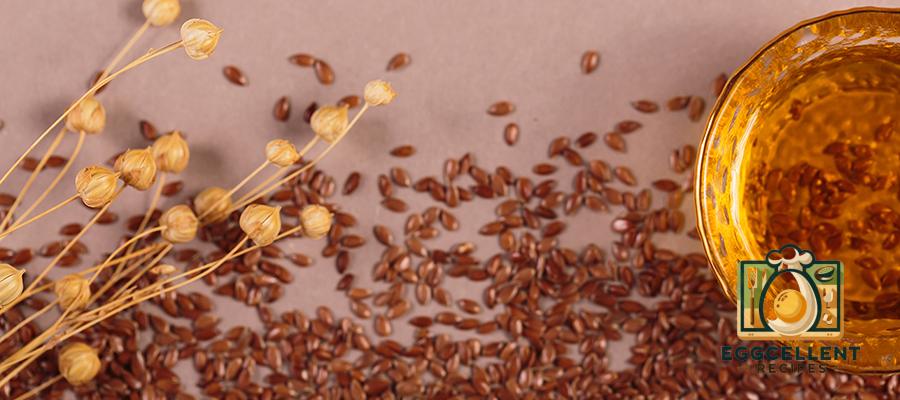
Soluble fiber is gentle on the gut and can ease both diarrhea and constipation.
- Examples: Oats, flaxseeds, chia seeds, and peeled apples.
- Tip: Introduce fiber slowly to avoid overwhelming your digestive system.
3. Probiotic-Rich Foods
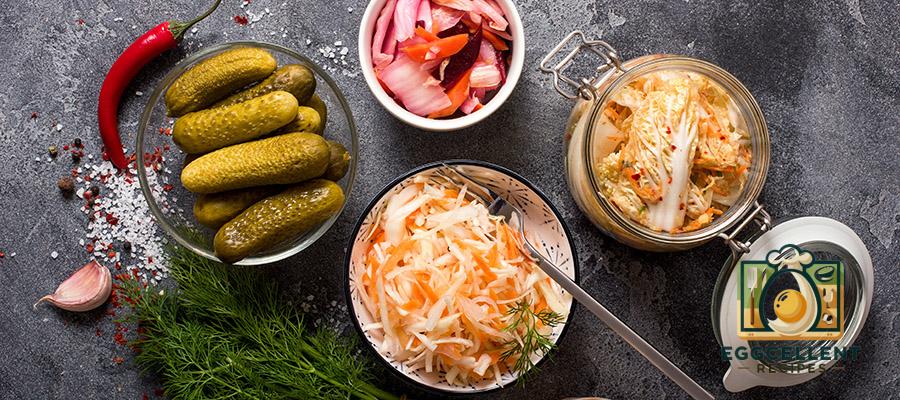
Probiotics promote a healthy gut microbiome, which may help reduce IBS symptoms.
- Examples: Plain yogurt with live cultures, kefir, miso, and fermented vegetables like kimchi or sauerkraut.
4. Healthy Fats
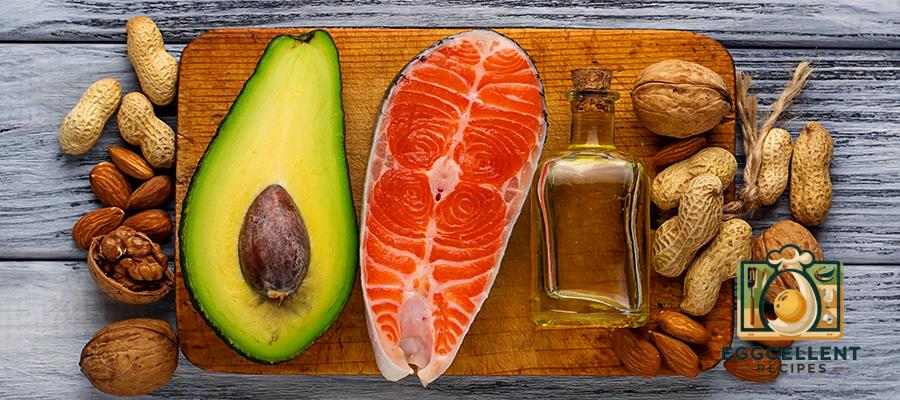
Healthy fats can aid digestion and provide anti-inflammatory benefits.
- Examples: Olive oil, avocado, and small portions of nuts and seeds.
- Tip: Avoid excessive fat intake, as it can worsen symptoms for some people.
5. Herbal Teas

Certain teas can soothe the digestive tract and alleviate discomfort.
- Examples: Peppermint tea (for cramps), ginger tea (for nausea), and chamomile tea (for bloating).
Foods to Avoid When You Have IBS
Certain foods are common triggers for IBS and should be limited or avoided:
- High-FODMAP Foods: Onions, garlic, broccoli, beans, and apples.
- Dairy Products: Milk, cream, and soft cheeses (unless lactose-free).
- Processed Foods: Sugary snacks, fried foods, and fast food.
- Artificial Sweeteners: Sorbitol, mannitol, and xylitol can aggravate symptoms.
- Caffeine and Alcohol: These can irritate the gut and exacerbate diarrhea.
Additional Tips for Managing IBS Through Diet
- Keep a Food Diary: Track your meals and symptoms to identify triggers.
- Eat Small, Frequent Meals: Large meals can overwhelm your digestive system.
- Stay Hydrated: Drink plenty of water throughout the day.
- Chew Your Food Slowly: This aids digestion and reduces bloating.
Final Thoughts
Managing IBS through diet involves finding the foods that work best for your body. Focus on low-FODMAP options, soluble fiber, and gut-friendly choices to alleviate symptoms. With careful planning and attention to triggers, you can enjoy a diet that supports your digestive health and helps you feel your best. Always consult with a healthcare professional or dietitian to develop a personalized plan that suits your needs.

